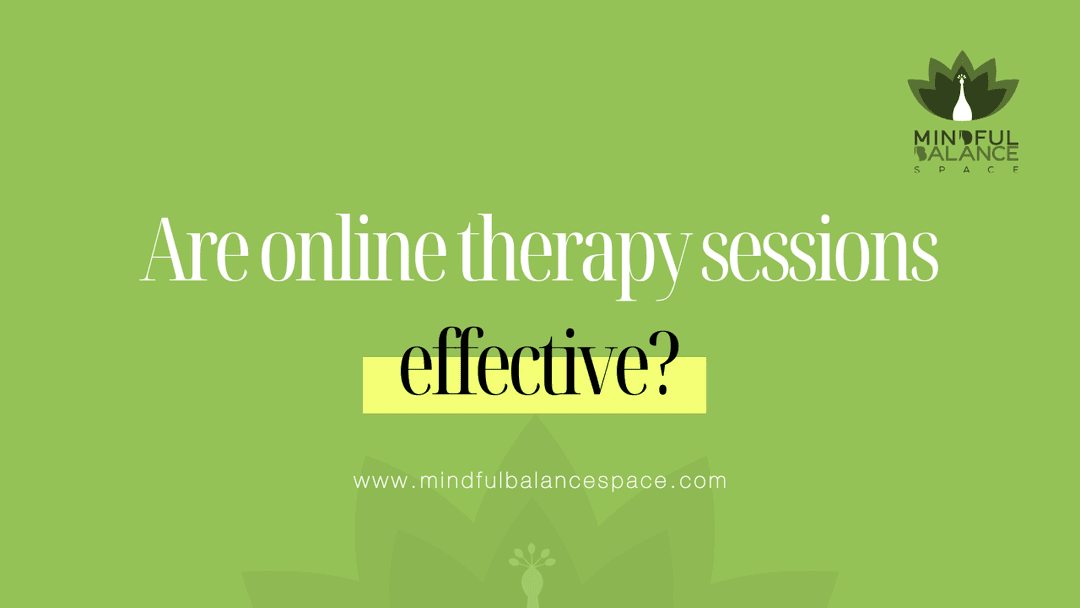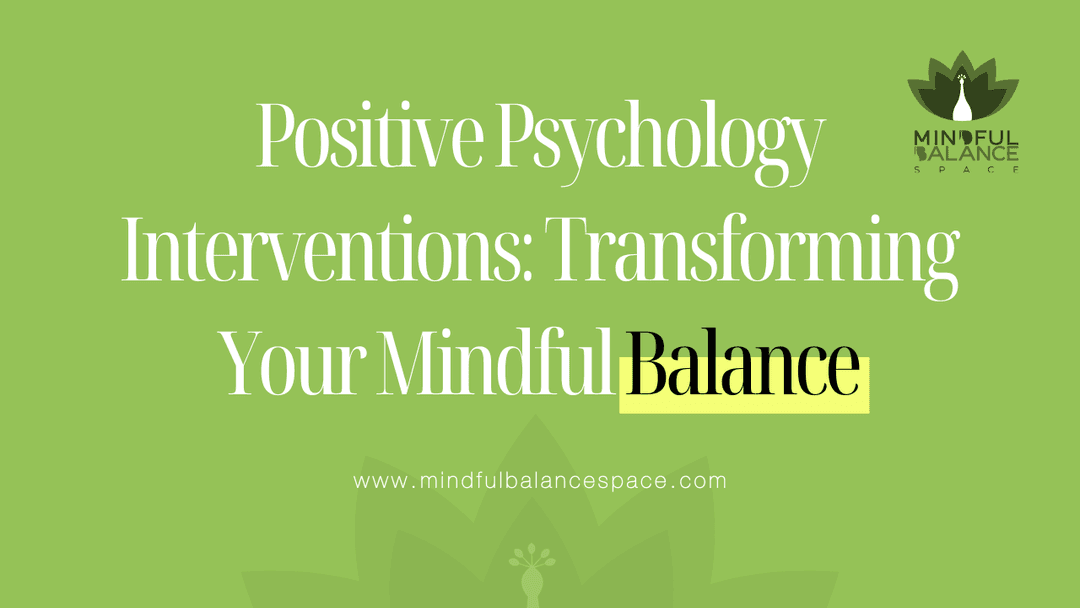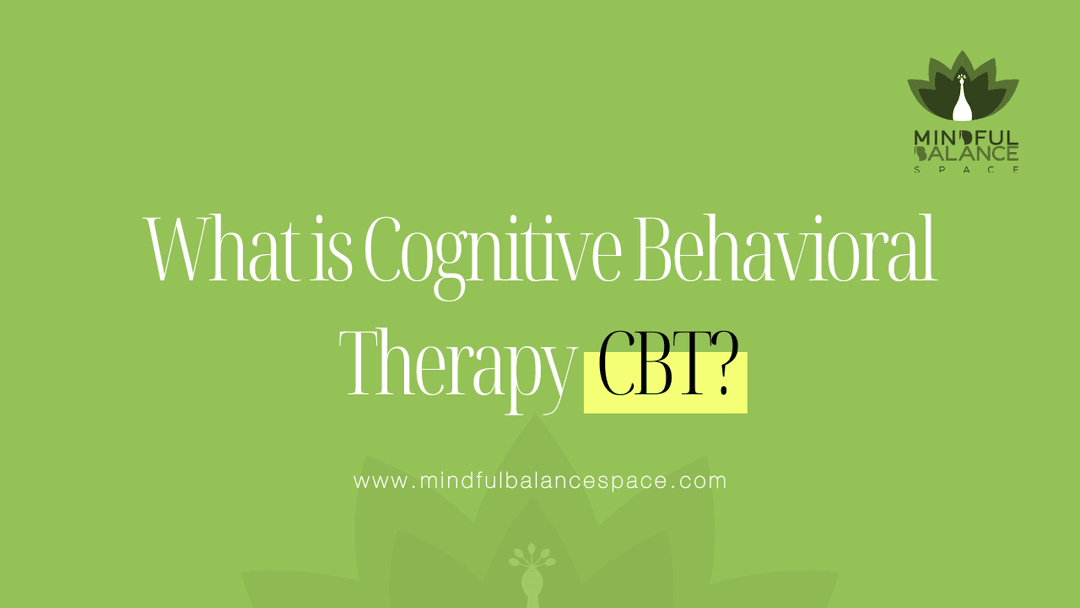Blog
Acceptance and Commitment Therapy (ACT): Unlock Psychological Flexibility for Better Mental Health
- By Devanshi
Discover how Acceptance and Commitment Therapy (ACT) helps treat anxiety, depression, and more by promoting mindfulness and psychological flexibility. Learn how ACT fosters a meaningful, value-driven life despite emotional challenges.

Acceptance and Commitment Therapy (ACT): A Comprehensive Guide to Mental Well-being
In recent years, mental health has become a significant focus, with more individuals prioritizing their psychological well-being. As awareness grows, so does the advancement in psychotherapy. One well-known therapeutic approach is Acceptance and Commitment Therapy (ACT), which stems from traditional behavior therapy and cognitive behavioral therapy (CBT).
Developed in the 1980s by psychologist Steven C. Hayes from the University of Nevada, ACT originated from his personal experience with panic attacks. He began by accepting his natural responses to certain situations and delving into their root causes.
As Hayes puts it, “We, as a culture, seem dedicated to the idea that 'negative' human emotions need to be fixed, managed, or changed – rather than experienced as part of a whole life. We treat our lives as problems to be solved, sorting through our experiences for the ones we like and discarding the rest.”
Applications of Acceptance and Commitment Therapy (ACT)
ACT has proven benefits for a range of mental health conditions, including:
- Depression
- Psychosis
- Chronic pain
- Obsessive-Compulsive Disorder (OCD)
- Anxiety disorders
- Eating disorders
- Workplace stress
- Substance use disorders
How Does Acceptance and Commitment Therapy Work?
ACT works on the principle of acceptance, meaning the recognition of feelings and unfamiliar episodes in specific situations. By acknowledging the root cause and taking a moment to declutter overwhelming emotions, individuals can better cope with uncomfortable experiences.
How might your reaction change if you approached unpleasant situations from a different perspective? Instead of labeling emotions like sadness, anger, or fear as “bad,” what if you accepted them as part of your complex life experience?
ACT helps you accept the reality of these experiences while committing to pursuing your personal values.
Understanding Acceptance and Commitment Therapy Through an Example
Imagine you have to give a presentation, but public speaking anxiety makes you nervous. To distract yourself, you start scrolling through your phone. While procrastination temporarily relieves your performance anxiety, it leaves you unprepared for the big day.
In this scenario, your mind convinces you that public speaking is difficult and frightening. The next time you face a similar task, your anxiety might increase, causing you to procrastinate even more.
ACT teaches new skills to help you accept those feelings without avoiding them. The goal isn't to control your unwanted thoughts, emotions, or physical sensations. Instead, ACT helps you understand your relationship with these emotions so you can pursue your goals, even with nervousness present.
What to Expect from Acceptance and Commitment Therapy
In ACT, you'll work with a therapist to listen to your self-talk—especially regarding traumatic events, difficult relationships, or other challenges. This self-reflection will help you decide if a problem requires immediate action or can be accepted while you make gradual behavioral changes.
You’ll examine what hasn't worked in the past and stop repeating thought patterns that cause long-term harm. Once you've accepted your current challenges, you can commit to stopping the fight against your emotions and start practicing behaviors that align with your personal values and goals.
Six Core Processes of ACT for Psychological Flexibility
The aim of ACT is to promote psychological flexibility, which encompasses emotional openness and the ability to adapt thoughts and behaviors to align with your goals. The six core processes that contribute to this are:
- Acceptance: Acknowledging the full range of your thoughts and emotions rather than avoiding or altering them.
- Cognitive Diffusion: Distancing yourself from distressing thoughts and feelings, mitigating their harmful effects. Techniques include observing thoughts without judgment, singing them, or labeling automatic responses.
- Being Present: Being mindful of the present moment without judging or trying to change your emotions, helping you experience events clearly and facilitate behavior change.
- Self as Context: Recognizing that you are more than your thoughts, feelings, and experiences, and that they do not define you.
- Values: Identifying and living by your personal values, rather than avoiding distress or conforming to others' expectations.
- Committed Action: Taking concrete steps to enact changes aligned with your values, might involve setting goals, exposing yourself to difficult situations, and developing new skills.
As Steven Hayes explains in his book:
“When we try to avoid pain, we inevitably avoid positive experiences that involve risk, effort, and a full investment of self. ACT teaches that willingness to experience even unwanted events allows one to live a richer, more meaningful life."
Key Takeaways
This quote emphasizes a central idea of ACT: the futility of avoiding discomfort. When individuals suppress painful thoughts or emotions, they also miss out on life’s opportunities. For example, avoiding social anxiety may lead to avoiding gatherings, but this also prevents connection and growth.
ACT encourages individuals to embrace discomfort—whether it's fear, sadness, or uncertainty—so they can live fuller, more rewarding lives. By facing challenges, taking risks, and aligning actions with personal values, people can move beyond emotional barriers and live with greater purpose.
Conclusion
In conclusion, Acceptance and Commitment Therapy (ACT) offers a unique approach to mental well-being. By embracing difficult thoughts and emotions instead of avoiding them, ACT fosters psychological flexibility and empowers individuals to pursue value-driven actions despite challenges. This shift, from controlling discomfort to accepting it, enables individuals to lead more meaningful lives.
ACT has demonstrated effectiveness in treating a variety of conditions such as anxiety, depression, and chronic pain. Moreover, it can enhance overall well-being in non-clinical populations. Through mindfulness, self-awareness, and value-driven behavior, ACT promotes resilience and long-term satisfaction. It encourages people to break free from rigid thinking patterns and emotional avoidance, helping them to fully engage in life and achieve their goals.















